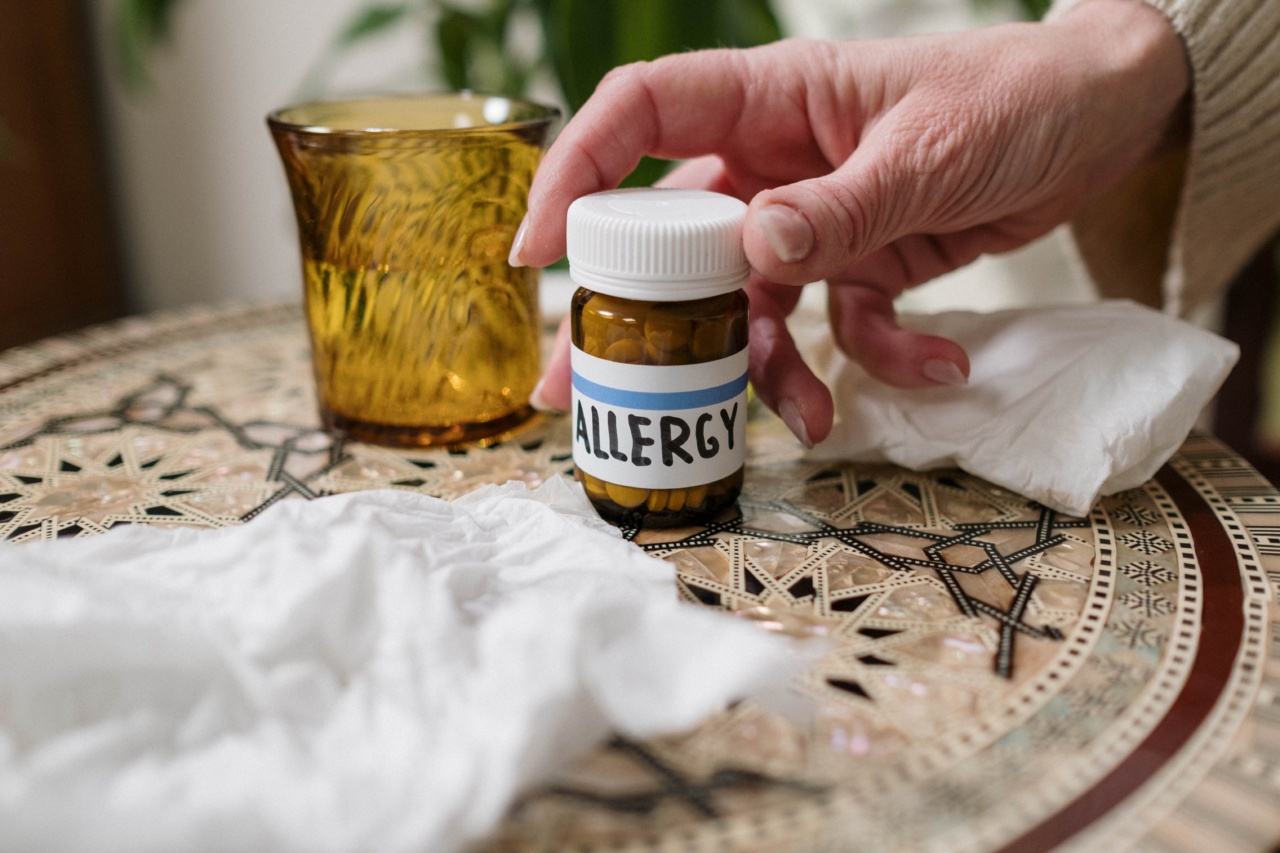Food allergies are a common concern for parents and caregivers, as they can cause severe reactions and even be life-threatening.
While some recommendations suggest avoiding certain allergenic foods altogether, recent research suggests that early introduction of certain foods may actually prevent allergies. In this article, we’ll discuss the benefits of early consumption of eggs and peanuts for allergy prevention.
The History of Allergen Avoidance
For years, parents were advised to avoid giving their children certain foods that were thought to be highly allergenic. The belief was that by delaying the introduction of these foods, children would be less likely to develop allergies.
However, recent studies have shown that this approach may not be effective and may even increase the risk of developing allergies.
The Role of Early Introduction
Research has shown that introducing certain allergenic foods to infants at an early age may help prevent allergies from developing. This theory is based on the idea that early exposure to these foods helps the immune system develop a tolerance to them.
Eggs and Allergy Prevention
Eggs are a common allergen, but recent research suggests that early exposure may actually prevent allergies.
A large study conducted in the UK found that infants who were fed eggs between the ages of 4 and 6 months had a lower risk of developing egg allergies than those who were not exposed until after 6 months of age.
Peanuts and Allergy Prevention
Another common allergen, peanuts, may also benefit from early introduction.
A study published in the New England Journal of Medicine found that infants who were given peanuts before 11 months of age had a significantly lower risk of developing peanut allergies than those who avoided peanuts until they were older.
The Importance of Safe Introduction
While early introduction may help prevent allergies, it’s important to remember that safety is paramount.
Infants should only be introduced to allergenic foods under the guidance of a healthcare professional, and parents should watch for any signs of an allergic reaction. Symptoms may include hives, swelling, difficulty breathing, and vomiting.
Conclusion
While early introduction of allergenic foods may seem counterintuitive, research suggests that it may actually help prevent allergies.
Eggs and peanuts are two examples of foods that may benefit from early introduction, but it’s important to remember that safety is key. If you’re considering introducing allergenic foods to your infant, be sure to consult with your healthcare provider first.

























